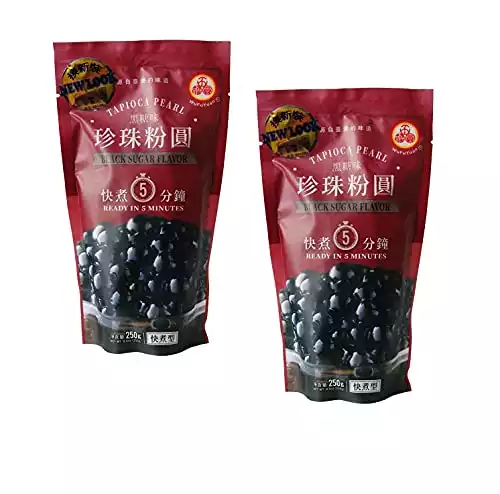Tapioca pearls, boba, or bubble tea balls—whatever you want to call them—are high in calories and sugar, with only minor amounts of other nutrients. Indulging in them on occasion is fine. However, it's best to steer clear of these gooey chewy balls if you're calorie-counting or watching your sugar intake.
What Are Tapioca Pearls Made From?
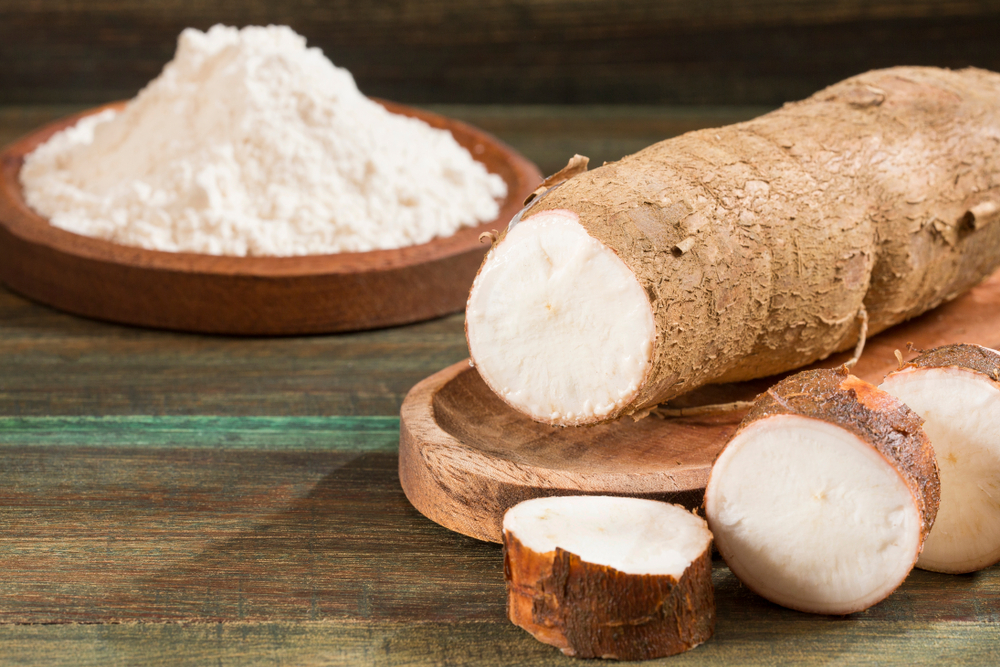
Tapioca balls are made from tapioca starch extracted from the cassava root. Cassava is a starchy, tuberous vegetable that grows extensively in tropical and subtropical regions (including Taiwan – the place where bubble tea originated). People from developing regions consider it to be an affordable caloric source.
Tapioca starch (flour) is typically mixed with boiling water and brown sugar to make tapioca pearls. After some time, the mixture develops a kneadable consistency that can be sliced and rolled to a circular shape, granting it its signature shape. Tapioca starch can easily be found from online retailers such as Amazon:
Nutritional Value of Tapioca Pearls
Tapioca pearls are gluten-free, sodium-free, cholesterol-free, and fat-free. If you’re looking for a filling snack low in these nutrients, tapioca pearls fit the bill.
Unfortunately, tapioca pearls hold very few health benefits otherwise. They are composed primarily of carbohydrates and sugar with few vitamins or minerals. Many people add these chewy balls to boba milk tea, which in itself is a drink loaded with sugar.
Here’s the nutritional value breakdown of a one-half cup of tapioca pearls:
| Nutritional Information | Amount |
| Calories | 272 |
| Carbs | 67.5 grams |
| Fat | 0 grams |
| Protein | 0.1 grams |
| Fiber | 0.7 grams |
Because of their high-calorie and sugar levels, many people deem tapioca pearls a good energy source. To easily calculate the nutrition in tapioca pearls, consider buying an instant tapioca pearl packet which has nutritional values listed on the package like these below:
Do They Contain Carcinogens?
No research has concluded that tapioca pearls contain carcinogens.
One notable news outlet has propagated the unsupported claim that tapioca pearls contain carcinogens. In 2011, this news outlet stated that researchers discovered doses of polychlorinated biphenyls (PCBs)—namely styrene and acetophenone—in a bubble tea sample from a popular bubble tea shop.
Styrene is a synthetic compound used to produce plastics and resins. Acetophenone is used as a fragrance or flavor ingredient in certain foods.
However, the research has never been peer-reviewed or published in a scientific journal—two critical characteristics of a reputable study. There has also been no word on whether this was a one-time finding or whether these researchers found similar results in other samples.
The bottom line is that there’s no hard evidence to support the claim that tapioca is carcinogenic.
Soon after the original claim, the Taiwanese Food and Drug Administration (TFDA) discovered maleic acid in tapioca pearls, which can cause kidney failure, during routine testing. However, an investigation began instantaneously. Contaminated boba was recalled and destroyed within two weeks, and the TFDA strengthened food sanitation laws.
Are Tapioca Pearls Difficult to Digest?
If you’re worried about stomach issues like constipation, don’t be. Tapioca pearls are easy to digest, especially when they’re made with only their essential ingredients- tapioca starch and water. Tapioca starch is a carbohydrate that the body can easily break down.
However, some food thickeners, like guar gum in boba, can induce symptoms of constipation. Uncooked boba can also cause digestive problems. Fortunately, these cases are rare.
To avoid digestive problems, limit your boba intake and be sure that your boba is prepared correctly.
Can Tapioca Pearls Cause Health Problems?
Consuming tapioca pearls may not cause immediate harm, but it’s still something most people should try to avoid in excess.
People often criticize these chewy, spherical balls for their lack of nutrients and high sugar content—and rightfully so.
Bubble tea and other sugary drinks can increase the risk of the following health conditions:
- Diabetes
- Obesity
- Cardiovascular disease
- Fatty liver
If you’re trying to lead a healthier lifestyle, we don’t recommend switching to boba tea instead of other sugary beverages. That said, indulging in your favorite tapioca drink every so often won’t hurt.
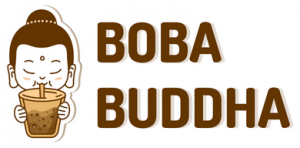
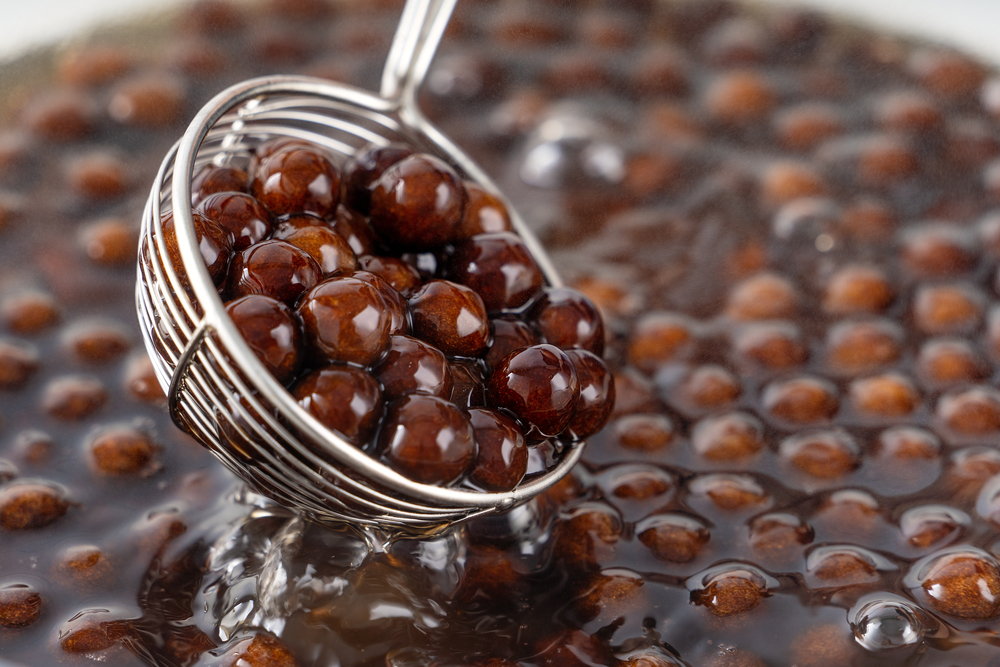
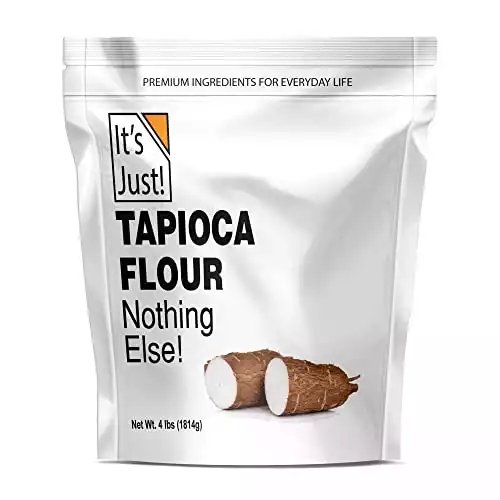
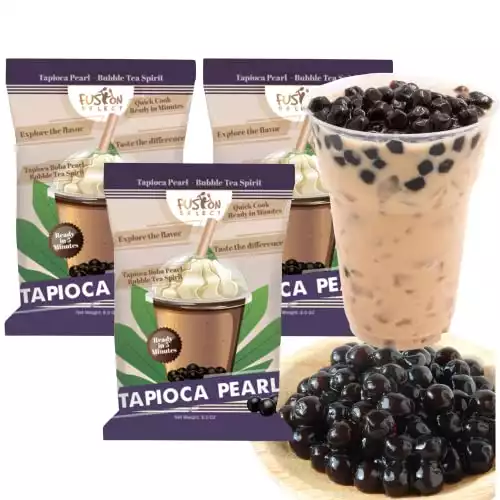
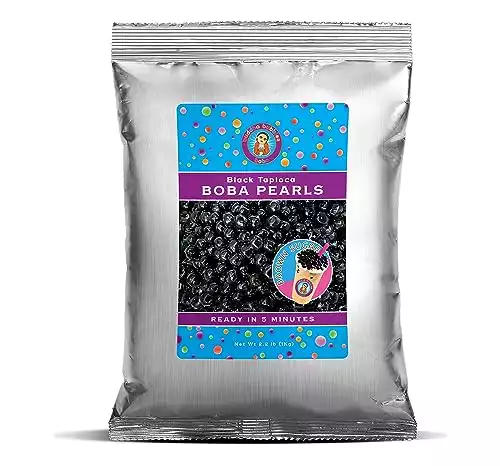
![Are Tapioca Pearls Bad For You? 6 Premium Grade Black Tapioca Pearls (6.6 lbs) [Bubble Tea]](https://bobabuddha.com/wp-content/uploads/2023/12/61Q0vEDQm9L._SL500_.webp)
